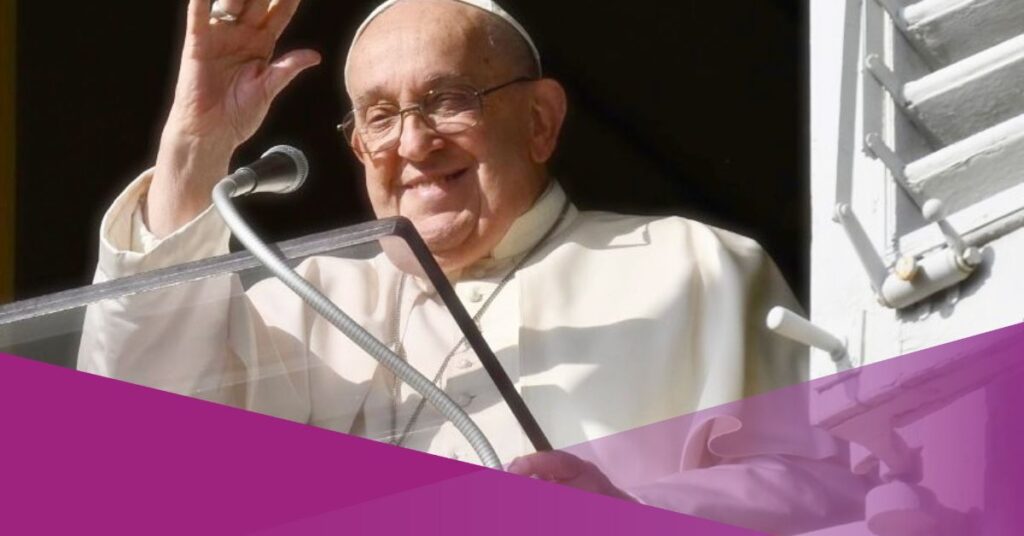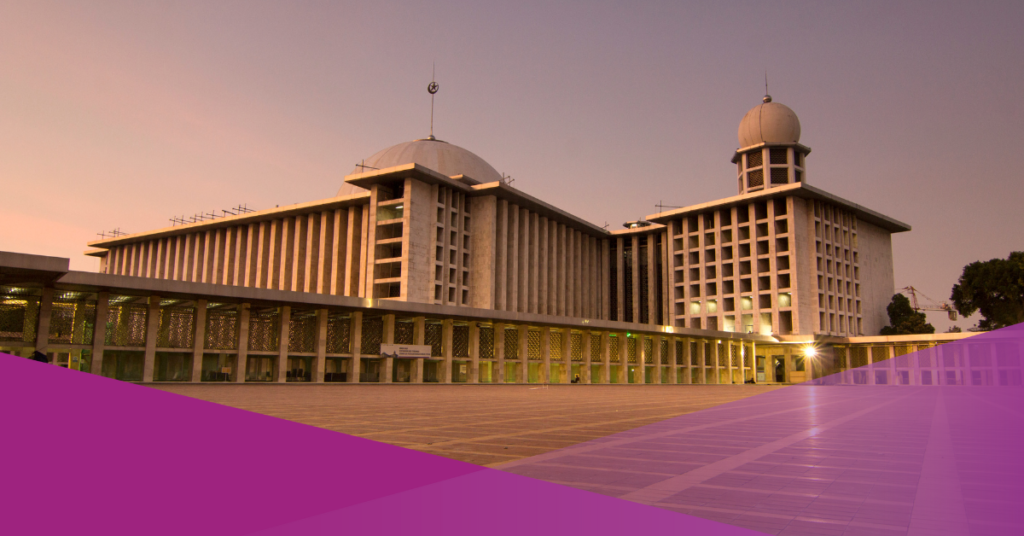Pope Francis, the 266th pope of the Roman Catholic Church, has passed away at the age of 88, the Vatican confirmed on Monday, April 21, 2025. His death occurred just one day after his public appearance at St. Peter’s Square on Sunday, April 20, 2025, during Easter celebrations.
“This morning at 7:35 (0535 GMT) the Bishop of Rome, Francis, returned home to the Father,” said Cardinal Kevin Farrell in a statement shared by the Vatican on its official Telegram channel. The statement, reported by AFP news agency, confirmed the pontiff’s death at the Vatican.
Pope Francis had been visibly frail in recent months and had been unable to attend most Holy Week events in 2025 due to health issues.
His last appearance before the public was on Easter Sunday, when he appeared on the balcony of St. Peter’s Basilica in a wheelchair. Despite his weakened state, Francis addressed the crowd, speaking in a soft voice, “Happy Easter,” to the delight of thousands gathered in the square.
As tradition dictates, Pope Francis typically delivers the “Urbi et Orbi” blessing — a message “To the City and the World” — from the balcony of St. Peter’s Square. However, due to his health, the Pope delegated this responsibility to a collaborator, while he watched from the balcony.
The Vatican had previously announced that Pope Francis would not preside over the Easter Mass in 2025 due to medical advice restricting his workload. His Easter message, which was read by an aide, addressed critical global issues.
He expressed concern over the “dramatic and deplorable” situation in Gaza and called on the Palestinian militant group Hamas to release all remaining hostages. Pope Francis also condemned the rising tide of antisemitism across the world, expressing his support for both the people of Israel and Palestine.
Born Jorge Mario Bergoglio in Buenos Aires, Argentina, Pope Francis was elected as the leader of the Catholic Church on March 13, 2013. His election was unexpected by many, as he was seen as an outsider in the Vatican, known for his concern for the poor and his calls for reform in the Church.
As pope, Francis was recognised for his simplicity and rejection of the papal pomp that characterised his predecessors. He chose not to live in the Apostolic Palace, preferring a more communal setting to preserve his “psychological health.”
His papacy was marked by a commitment to inclusivity, dialogue, and support for the marginalized, but it was also marked by tensions within the Church, with both conservative and progressive factions challenging his approach.
Pope Francis’ leadership in recent years was increasingly focused on interfaith dialogue, environmental issues, and social justice. He was also an outspoken advocate for migrants and the poor, making countless trips abroad to engage in humanitarian work and promote peace.
His passing marks the end of a papacy that reshaped much of the Church’s public image, balancing the ancient institution’s traditions with a renewed focus on compassion, humility, and outreach to the world’s most vulnerable.































